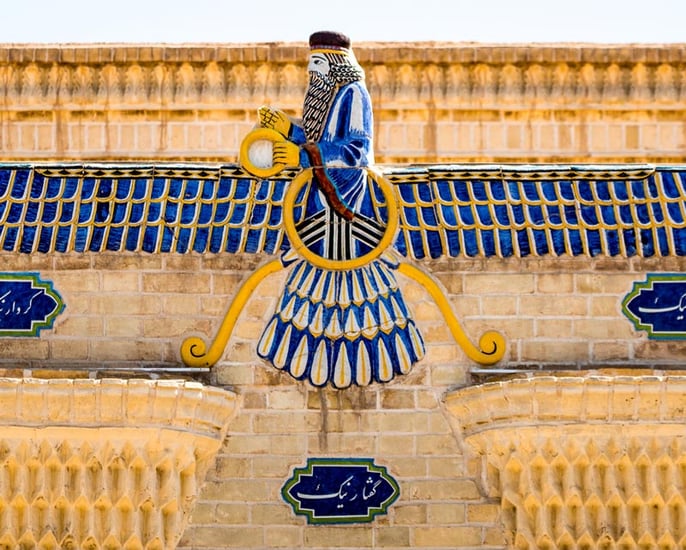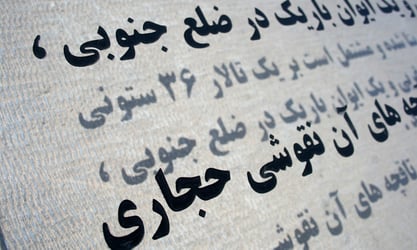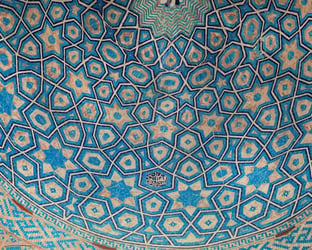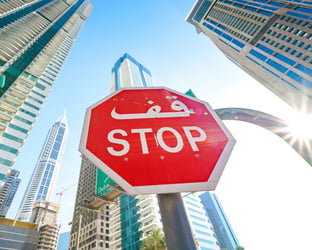Farsi, or Persian, is an Indo-European language. If you’ve paid attention to the news of late, you know that Farsi is the national language of Iran. It’s also spoken in Tajikistan (in a much older form), parts of Afghanistan (Dari Persian), and a few small areas in Pakistan.
With Iran playing such a pivotal role in the Middle East and Central Asia, Farsi translation is an important topic for civilian and military leaders and planners as well as international business people interested in investing in a volatile region.
This Indo-Iranian language is the modern incarnation of Old Persian, which was the language of the mighty Persian Empire.
Not up on your Persian history?
Well, you could watch the movie 300, in which the Persians were the bad guys (much to the dismay of modern Iranians), or you could take a moment and reflect on the accomplishment of Ancient Persia.
Up until 1935, Iran was known as Persia. The Achaemenid Empire, or First Persian Empire, battled the Ancient Greeks for years on end, vying for power and trade. While Alexander, the Greek king of Macedon, was known as “the Great” in the West, he was referred to as “the Accursed” in Persia. Alexander’s defeat of the Persian king Darius III not withstanding, the Persian Empire’s contribution to world culture is pretty impressive.
Modern Iranians can boast of ancestors who created a tolerant empire, bartered with coinage (a first), constructed a world wonder known as the Hanging Gardens of Babylon, built one of the the planet’s first highways (before Romans started building major roads), set up a compressive tax collecting system (fun), and, oddly enough, gave monotheism its global kick start.
Zoroastrianism was the religion of ancient Persian
Zoroastrianism was the religion of ancient Persian, long before the advent of Islam. This early monotheist creed is credited with influencing later monotheist beliefs such as Christianity, Islam, and Judaism.
Considering how significant these religions are today, it seems the forefathers of modern Iranians had quite an effect on contemporary society.
History Plays An Important Role in Translation
For people interested in Farsi translation, it’s critical that they take into account the history of the language.
Over the centuries, Farsi and its antecedents have been written in a variety of scripts, and employed in a variety of writings. Religious, secular, philosophical, and bureaucratic concepts have all been put down in Farsi over the ages. Modern Persian is based on the Arabic script, reflecting the influences of Islam on the nation of Iran.
The history of this country is a long and rich one. That’s something you should remember when translating from Farsi into English or dealing with English to Farsi translations.






